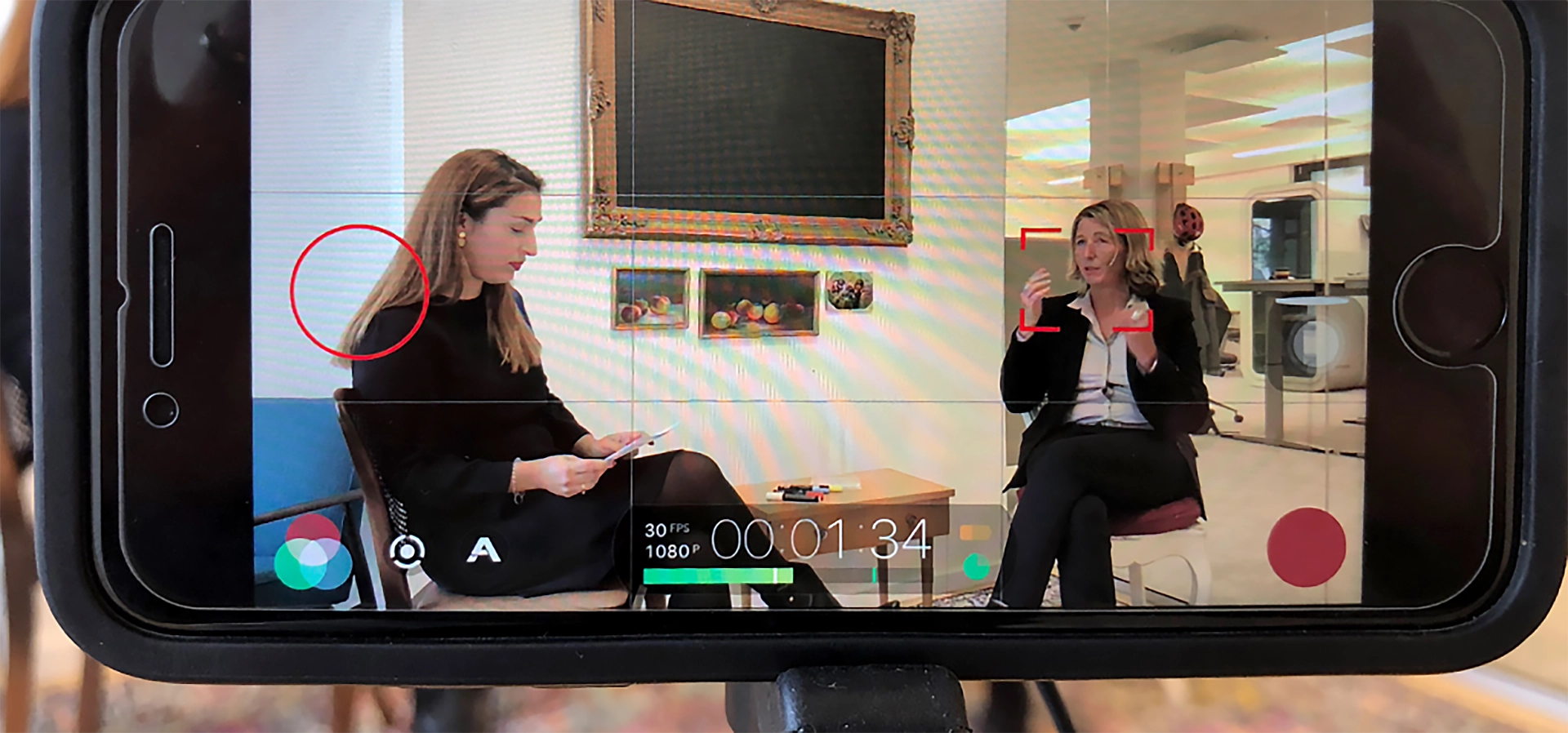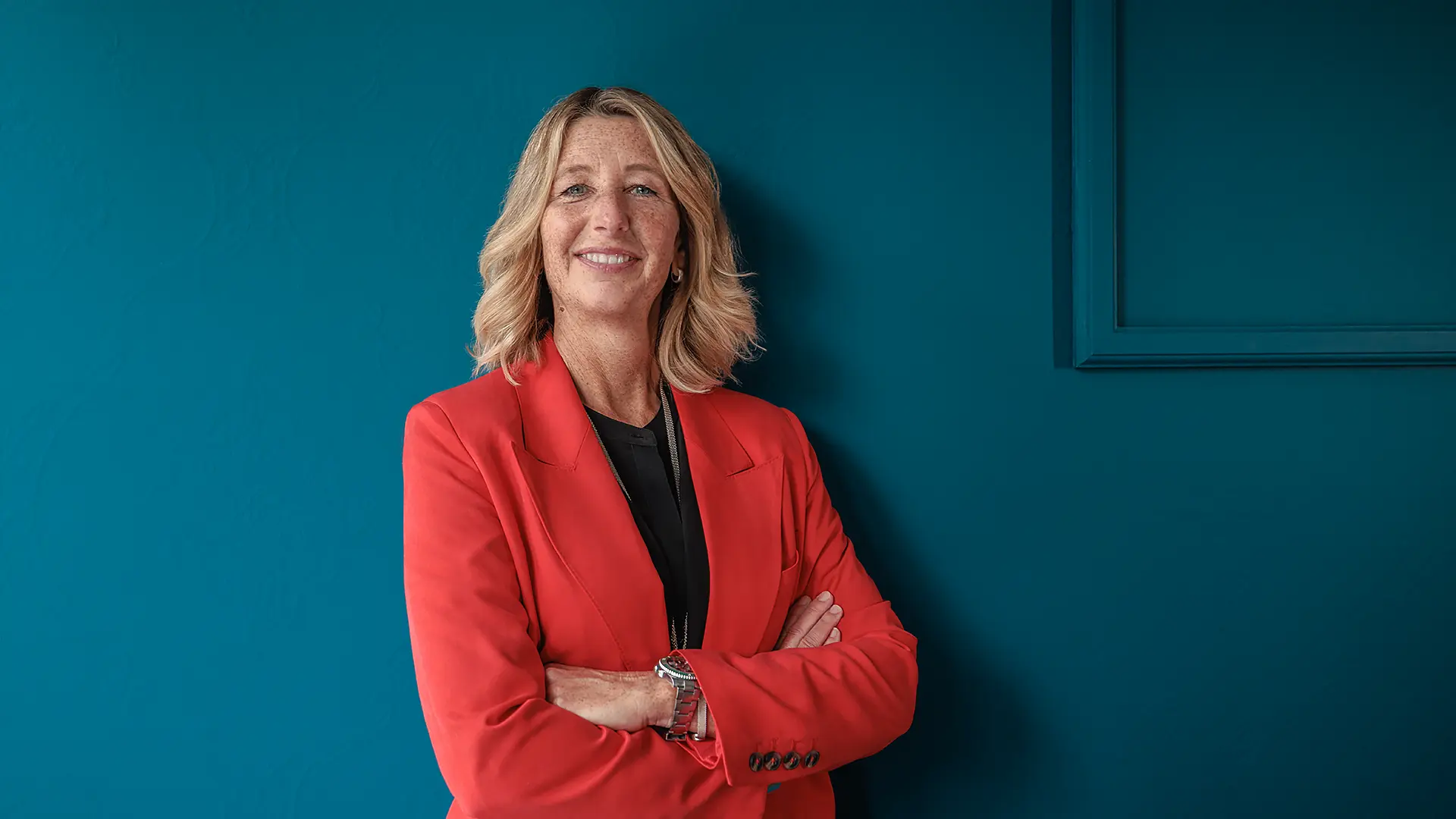Interview with Tijen Onaran: Personal Branding Done Right

Tijen, thank you very much for agreeing to this interview for the Sabinext blog. You have been an inspiration for me in a lot of ways, especially in terms of being courageously visible and having a loud digital voice. I am thankful to talk to you about one of your many fortes: You have a great personal brand. Can you tell us your own definition of a “personal brand”?
Thank you for having me. I read your personal blog regularly, I was very happy when you asked me to contribute!
My understanding of a personal brand is when you take on the task of being a storyteller of your own life. For me, positioning, purpose and personality are at the core of personal branding. Positioning in terms of shaping themes, topics and values that matter to you, as well as showing a new point of view. Purpose is created by making an actual impact and, last but not least, it is important to display personality by sharing your personal story and how it is affected by your profession – and vice versa.
How Can Personal Branding Help Your Career?
Visibility can create careers – if you are visible, people will see what you stand for. By being visible, you can easily connect, collaborate and give people a specific impression how you define yourself – what your values are, what skills you have, what motivates you. Whether within an organization or to the outside, a personal brand can boost your career quite enormously.
But what you always have to keep in mind is: Being visible and “out there” also means showing responsibility, taking a stance and being transparent with your attitudes and opinions. When you decide to build a personal brand, be aware that you might have to endure not being everybody’s darling.
How Do You Build a Personal Brand?
What you need to understand is: Everyone already has a personal brand. The point is rather if you want to manage it or not. Do you want to tell your own story and show what you are good at in your own way, or should others tell your story for you – maybe in a way that you don’t like?
In my opinion, a good personal brand is shaped by the ability to encourage, enlighten and enable. So the first step to managing one’s personal brand is becoming sure about how you see yourself. I strongly recommend following that by asking colleagues and business partners about how they see you. What are the themes and topics they connect with you? Is there any special skill which they think you are particularly talented at? What is your exotic feature – what makes you unique?
After answering these questions, think about your positioning: Sharpen your opinions and attitudes in regard to your chosen topics. What is your own point of view? And then: think about the channels which can help you to communicate your personal brand. A channel can be a social media network or a conference or panel discussion you are part of, or many other things. Be creative here – what platform offers the right kind of framework for your output and mindset?
Is There a Difference Between Online and Offline Personal Branding?
I think there is. I see the differences between online and offline personal branding in the speed and the audience. Today I can reach people from all over the world via social media. For a personal brand, this means: You can expand your community and audience within seconds. Your expertise will reach people you would never reach offline.
Another difference is the way in which we tell our stories. In social media, I can tell a story in different ways: I can use Instagram for the visualization, Twitter for highlighting one aspect of a topic with a catchy tweet and, for example, LinkedIn to share the full context by publishing an article.
What Else Does Creating and Maintaining a Personal Brand Entail?
There are a lot of possibilities to create and maintain your personal brand, which is why you have to focus. Focus on the channels and instruments that are the most usable and practical for you. For example: if you want to position yourself as a blockchain expert, it makes sense to focus on a multimedia platform like LinkedIn where you can share articles, videos, and images representing your thoughts and ideas. It could be difficult to share the newest trends on blockchain via Instagram, which is a medium with a clear visual focus and probably not the best place to promote complex content.
An important question to ask about your distribution channels is if you might be in need of your own website. In my opinion, it is always a good idea to have a website – but only if and when you have enough quality content to share. Your own site can help you focus all information about yourself in one place and can function as a digital business card for all of your professional activities.
How Would You Describe Your Personal Brand, Tijen?
My brand is passionate about female empowerment and diversity with an entrepreneurial and digital mindset.
What Are Your Favorite Examples of Successful Personal Branding? Do You Have Any Particular Ones?
First of all Melinda Gates. She communicates and displays diversity, digitalization, and purpose quite uniquely — she invests in female founders, supports women in tech and uses her publicity to highlight others. The next one is definitely you, Sabine Mueller, who combines logistics and diversity in a very authentic, informative and inspiring way!
Thank you very much for the interesting talk, Tijen!
I started building my own personal brand two years back. In addition to being visible, I also wanted to inspire and be a role model for others, especially women with leadership ambitions and people dealing with change management issues due to digital transformation processes.
Managing my own personal brand held another big advantage: the exchange with others about the topics I feel strongly about – digitalization, logistics, and female leadership. These discussions I always find to be very inspiring. In my opinion, that is one of the most valuable aspects of taking your personal brand to the digital space.
The move I made two years ago enabled me to be bold, drive change in my organization and in DPDHL, and hopefully, in a few of my readers. As Tijen said: there are no barriers if you really want to start. Don’t let your comfort zone or your fear of failure hold you back! Social Media is there to enable you.
Are you already managing your personal brand? What have your experiences been? I am looking forward to exchanging views and experiences here on my blog, or on my Twitter or LinkedIn channels.






